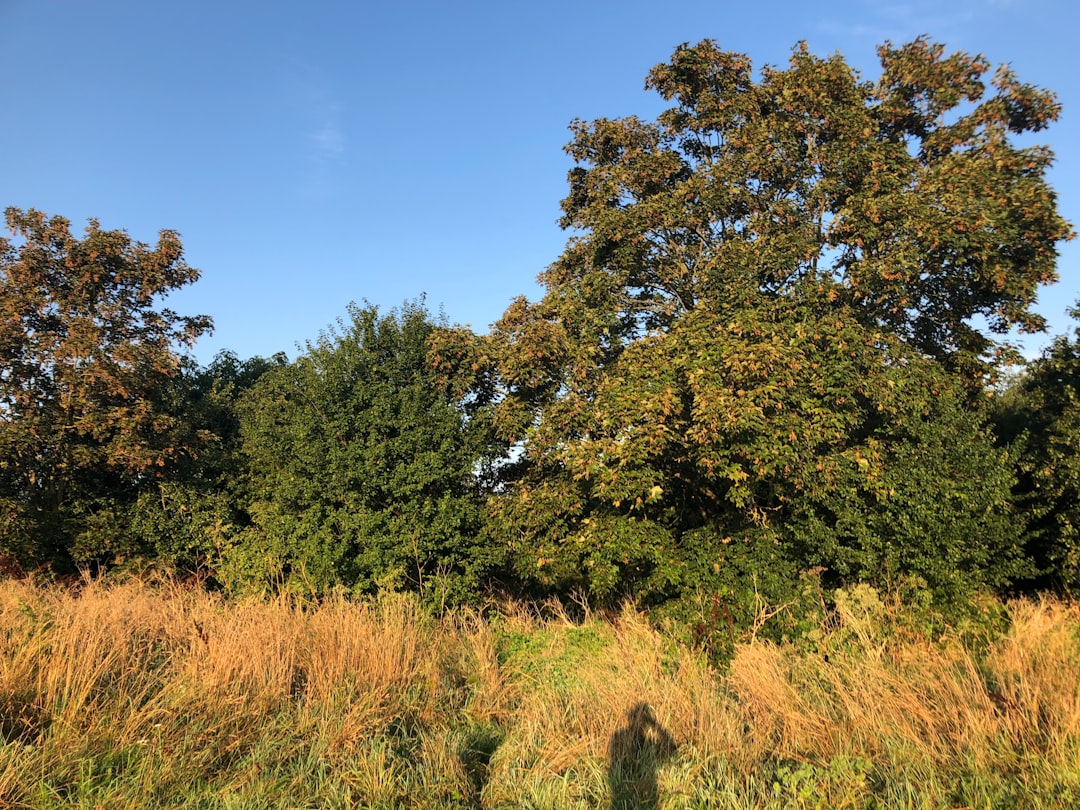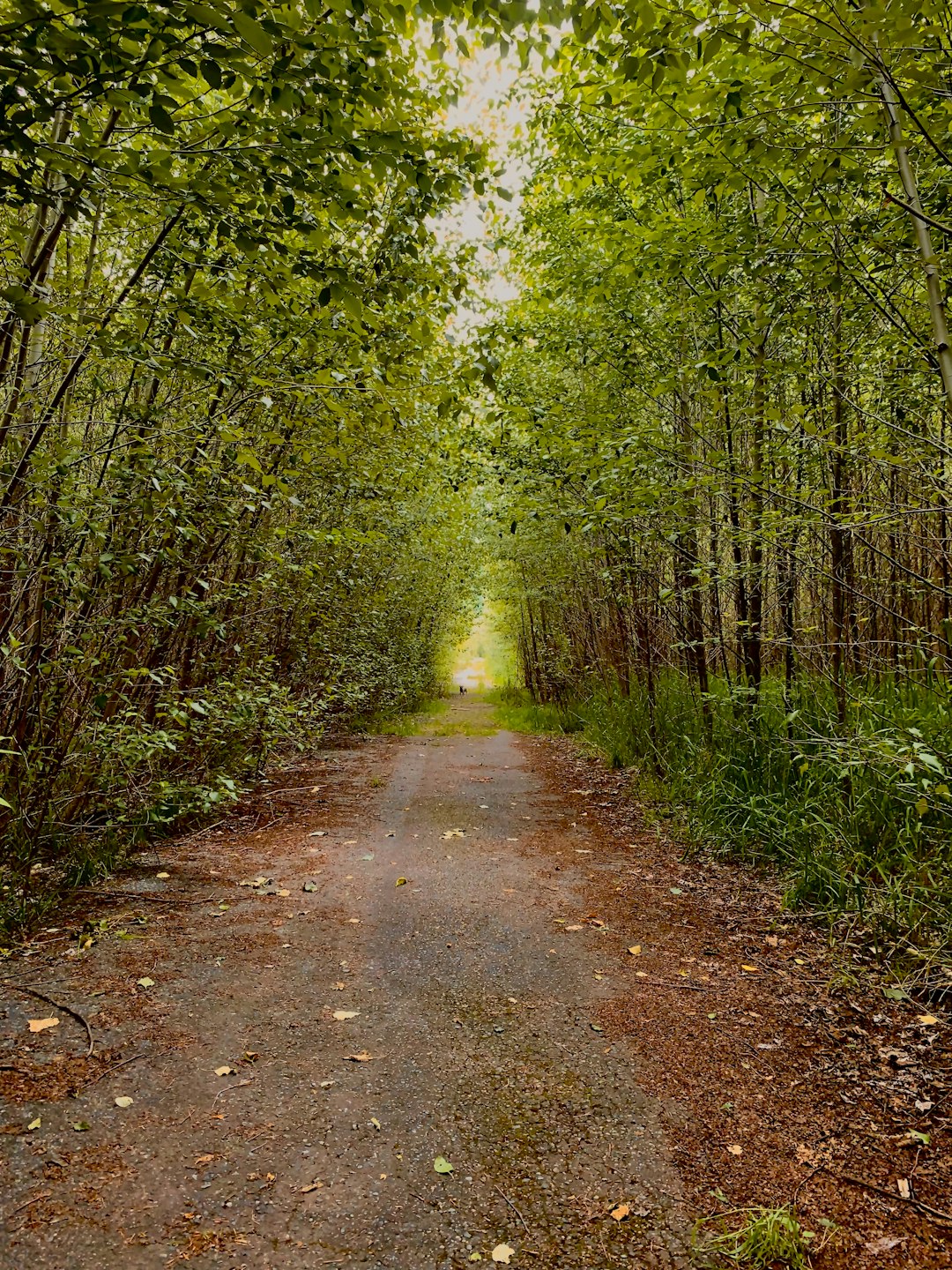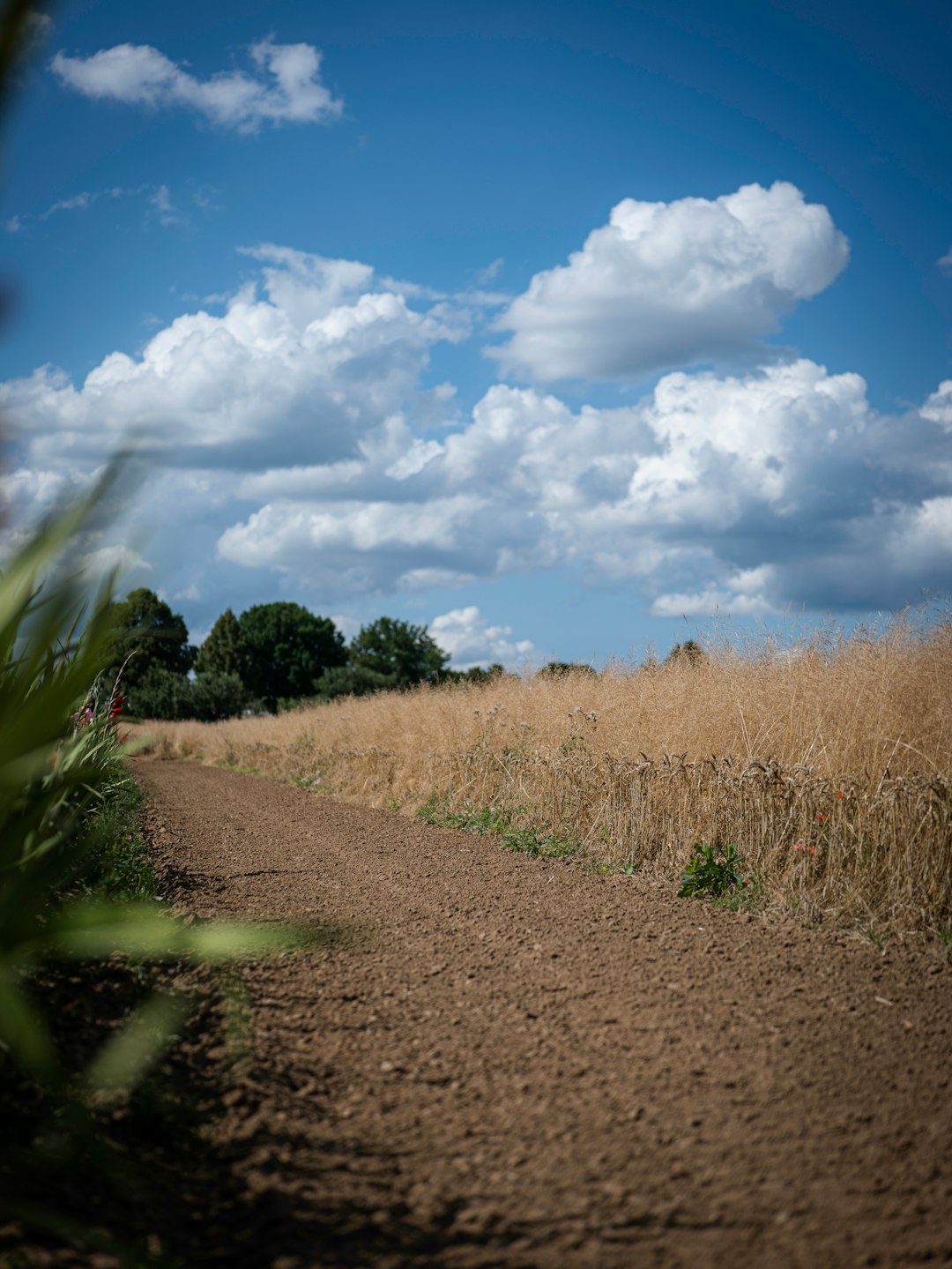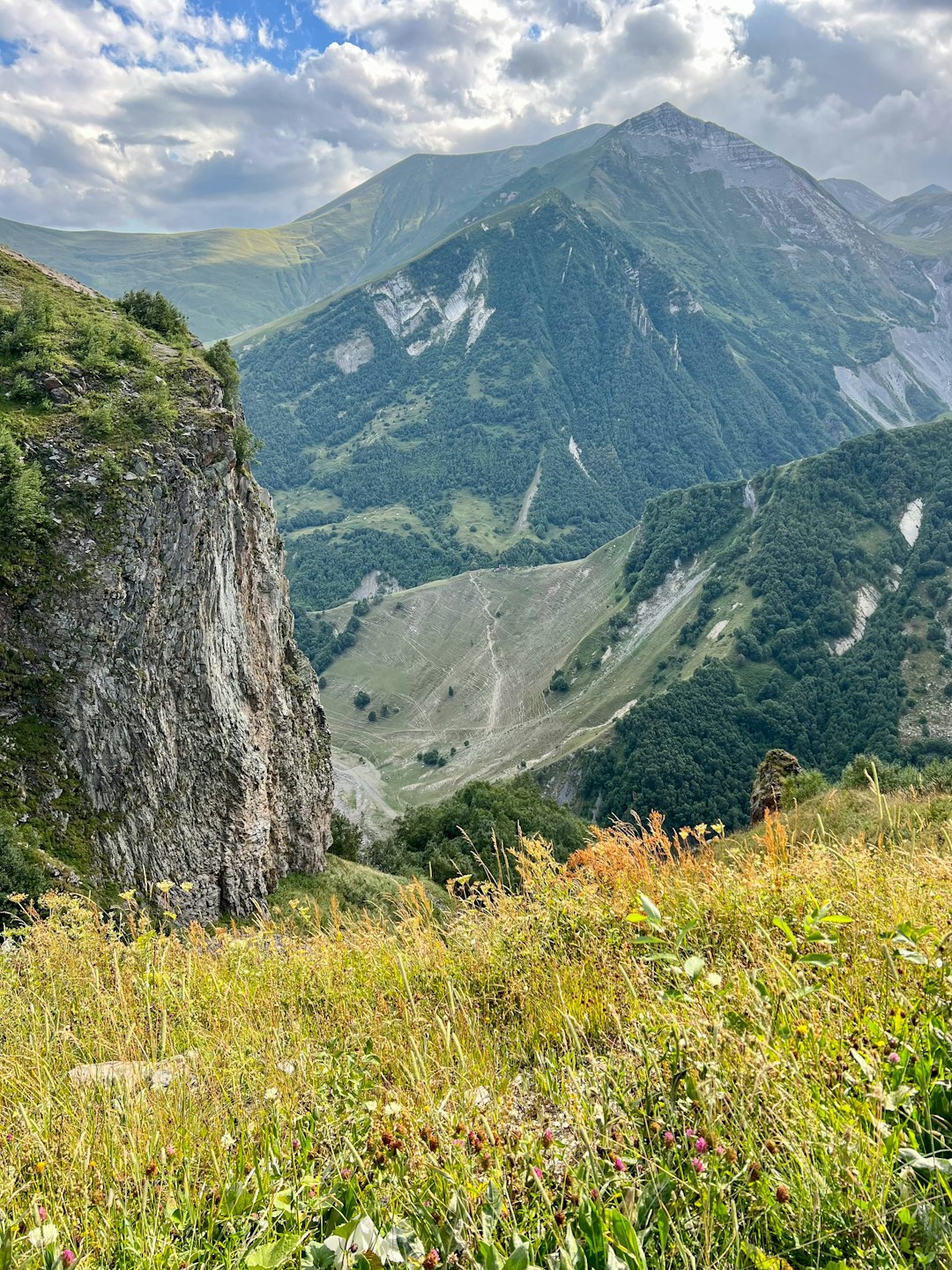
Vermont, known for its pastoral beauty and laid-back lifestyle, offers an idyllic backdrop for those aspiring to own a piece of this picturesque state. In this comprehensive guide, we'll explore how you can find your dream property in Vermont, understand the unique qualities that make Green Mountain State real estate so desirable, and navigate the local market with finesse. Whether you're a first-time land buyer or seasoned investor, our insights will prepare you for the exciting journey of purchasing land in Vermont.
Finding your dream property may seem daunting at first, but with strategic planning and research, the process can be smooth and fulfilling. Begin by defining your priorities: Are you seeking a secluded woodland retreat, a fertile farm plot, or perhaps a spot near one of Vermont's quaint towns? Consulting with a local real estate agent can provide you with tailored options that align with your vision and budget. Also, take advantage of online listings and platforms, which have made property browsing more accessible than ever. Attention to location specifics, including proximity to amenities and natural landscapes, will be key in narrowing down your search.
It's crucial to set realistic expectations and understand that the perfect property may require compromise. Be prepared to act decisively, as desirable Vermont properties can be snapped up quickly. Investing time in visiting the sites in person will allow you to get a true sense of the land's potential and whether it resonates with your aspirations. Remember, patience and diligence are your allies in uncovering the property that's just right for you.
Lastly, engage with the local community. Hearing first-hand experiences from residents can provide invaluable insights into the realities of living in Vermont and could influence your purchasing decision.
The allure of real estate in the Green Mountain State is multifaceted, combining a serene environment with a robust sense of community. Vermont is famed for its enchanting four-season landscape, offering a breathtaking new palette of color with each change of season. Moreover, properties in Vermont often come with substantial acreage, affording privacy and personal space that can be hard to find elsewhere.
Vermont also boasts a vibrant local economy that is supported by an ethos of sustainability and support for small businesses. This spirit permeates the real estate market, promising a stable investment in a region known for its commitment to environmental preservation and natural beauty. Whether your interest lies in quaint country homes, sprawling estates, or undeveloped land, Vermont's real estate market has a unique appeal that attracts a diverse array of buyers.
In addition, there is an enduring value inherent to land ownership in Vermont, bolstered by its limited availability and the state's stringent land conservation practices. These factors help to ensure that your investment not only contributes to your quality of life but also holds its worth over time.

Selling land quickly, especially for cash, can be a daunting task, but with the right approach and strategies, it can be accomplished efficiently.. Vermont, known for its stunning landscapes and charming rural communities, offers unique opportunities for both sellers and buyers in the real estate market.
Posted by on 2024-09-30

Selling land in Vermont, or anywhere for that matter, can be a complex and sometimes daunting process.. However, obtaining cash offers can simplify the transaction significantly.
Posted by on 2024-09-30

Selling land in Vermont, with its picturesque landscapes and serene environment, can be a rewarding venture if approached strategically.. If you're looking to quickly sell your Vermont land for cash, there are several key strategies you might consider employing.
Posted by on 2024-09-30

Selling Vermont land for immediate cash is a process that can be both rewarding and complex, requiring careful consideration of legal, financial, and environmental factors.. Vermont, with its picturesque landscapes and rich natural resources, presents unique opportunities and challenges in the real estate market.
Posted by on 2024-09-20

Owning land in Vermont comes with a myriad of benefits that extend beyond the tangible. It affords a sense of permanence and stewardship over a piece of the Earth that can be passed down through generations. The rich soil and clean air provide an excellent opportunity for agricultural pursuits, whether you dream of hobby farming or commercial agriculture.
Moreover, owning land in Vermont offers unparalleled personal freedom to cultivate your living space. Whether building your custom-designed home, setting up a sustainable homestead, or conserving a slice of wilderness, the possibilities are limitless. This freedom to create and shape your environment can lead to profound personal satisfaction and a deep connection to your land.
Financially, land ownership in Vermont is a sound investment. The state is known for its stable real estate values, and with land being a finite resource, appreciation is likely over the long term. In a world of fleeting digital assets and volatile markets, land remains a tangible asset that offers security and peace of mind.
Seasonal considerations play a crucial role when buying land in Vermont due to the state's distinctive seasonal changes. The enchanting snowy winters can bring challenges such as access to rural properties and increased heating costs. On the other hand, the glorious fall foliage season can enhance a property's appeal and value. Thus, it's important to visit the property during different seasons to fully understand what each time of year entails in terms of maintenance, access, and enjoyment.
Moreover, the changing seasons can affect building schedules and land development. Spring thaws can delay construction, while early snowfalls can bring it to a premature halt. Planning your purchase and any subsequent building projects with these seasonal cycles in mind is essential for timely and efficient progress.
Lastly, be mindful of the natural beauty that each season brings. The ability to experience and enjoy your land year-round is a significant advantage, so consider landscaping and design elements that maximize each season's unique attributes.


For first-time land buyers in Vermont, the adventure can be as daunting as it is exciting. To ensure a smooth and successful purchase, start by educating yourself about the process. Resources like local real estate courses, seminars, and online platforms can provide a strong foundational knowledge. Also, build a support network of knowledgeable individuals, including real estate agents, attorneys, and local landowners, who can offer advice and share their experiences.
Create a comprehensive checklist for evaluating properties. This list should include factors such as location desirability, land topography, access to utilities, and any potential environmental restrictions. Be thorough in your site visits and assessments; sometimes, the property's drawbacks are not immediately apparent.
Lastly, organize your finances beforehand, and consider the long-term costs associated with land ownership beyond the initial purchase. These may include property taxes, maintenance, and any necessary improvements like roads or structures. Being financially prepared will afford you peace of mind and allow you to act quickly when you find the right property.
Vermont's most coveted locations offer a blend of natural beauty, cultural richness, and community spirit. Areas like Woodstock and Stowe are known for their picturesque settings and vibrant town centers, making them highly sought after. The Northeast Kingdom offers untouched landscapes and a chance for secluded living amidst forests and lakes.
For those drawn to agricultural pursuits, the Champlain Valley presents fertile land and a warmer climate, ideal for farming. Meanwhile, the more urban-minded may find appeal in the bustling yet quaint cityscape of Burlington, with its proximity to Lake Champlain and vibrant cultural scene.
As Vermont's real estate landscape is diverse, each location presents unique opportunities and challenges. Therefore, understanding your lifestyle preferences and how they align with each area's characteristics is vital in selecting the perfect Vermont location to call home.

Once you have successfully secured your piece of Vermont, the journey is only beginning. The next steps involve bringing your vision to life, whether that involves building a home, cultivating the land, or simply preserving its natural state. Start by creating a detailed plan for the property that includes timelines, budgeting, and the necessary permits and approvals.
Building relationships with local contractors, architects, and planners can help bring your project to fruition. These professionals understand the regional nuances and can assist in creating a development that is both environmentally conscious and aligned with Vermont's aesthetic.
Lastly, relish in the accomplishment of land ownership and the ongoing discovery of your new homestead. Involve yourself in the community, explore the natural wonder of your surroundings, and allow your connection with the land to grow and evolve.
In conclusion, Vermont offers a unique opportunity for those seeking land. With careful planning, a thorough understanding of local regulations, and a respect for the state's natural rhythms, your dream property in the Green Mountain State can become a reality. Whether for personal enjoyment, investment, or both, owning Vermont land is a gateway to an enriched way of life in one of America's most cherished landscapes.

The essential documents include the deed, property tax information, and any surveys or environmental assessments relevant to the property.
You can list your property on online platforms, contact local real estate investors, or use services that specialize in connecting sellers with cash buyers.
Advertise online, network locally, and consider contacting real estate investment firms specializing in land acquisitions.
Selling land may result in capital gains taxes. Consulting with a tax professional can clarify specific obligations and exemptions.